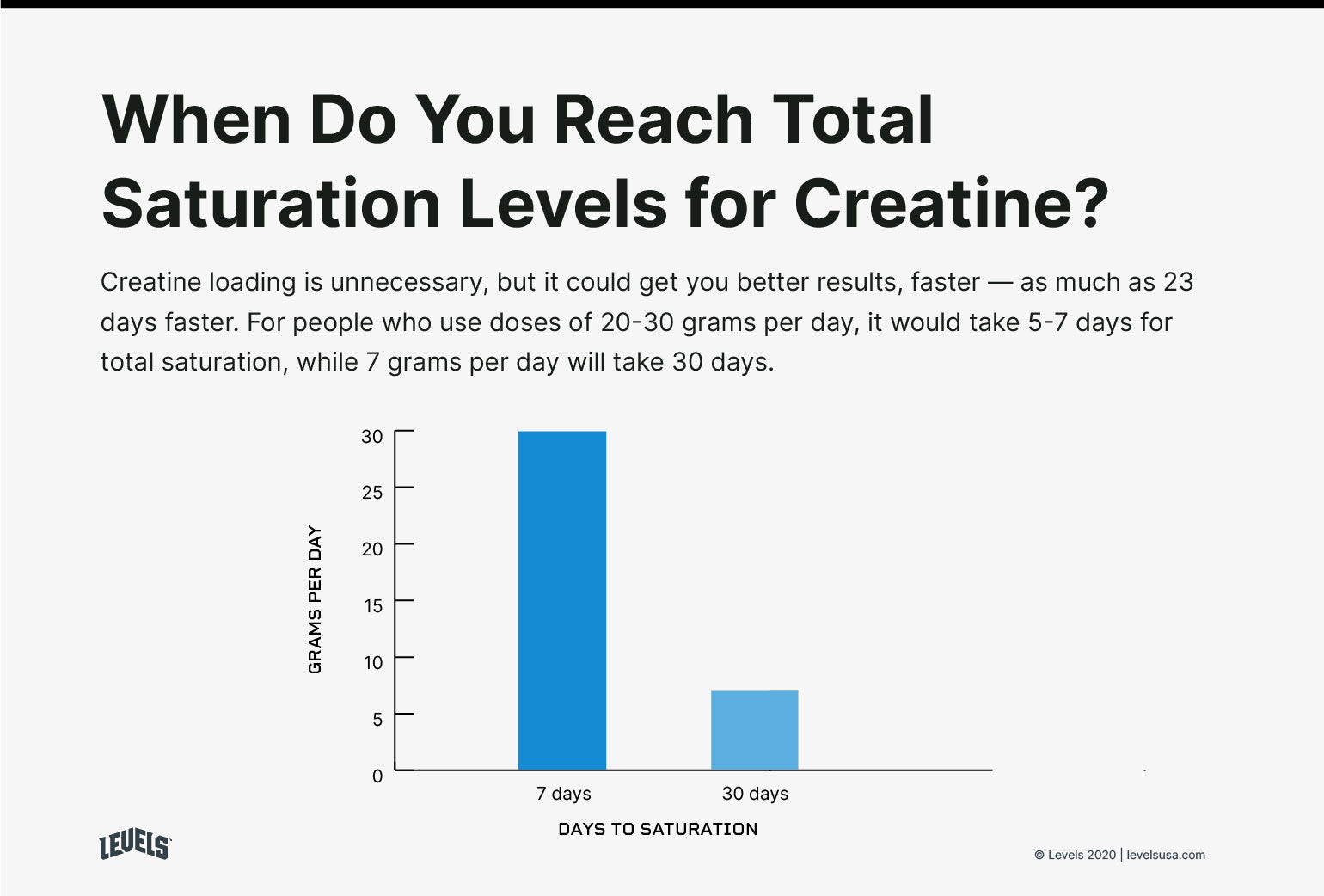

Exogenously, creatine is primarily consumed from meat and/or as a dietary supplement. Are other forms of creatine similar or superior to monohydrate and is creatine stable in solutions/beverages? To answer these questions, an internationally renowned team of research experts was formed to perform an evidence-based scientific evaluation of the literature regarding creatine supplementation.Ĭreatine (methylguanidine-acetic acid) is endogenously formed from reactions involving the amino acids arginine, glycine and methionine in the kidneys and liver. Is creatine only effective for males? 12. Is creatine only useful for resistance / power type activities? 11. Is creatine beneficial for older adults? 10. Is a creatine ‘loading-phase’ required? 9. Is creatine harmful for children and adolescents? 7. Does creatine lead to dehydration and muscle cramping? 6. Does creatine cause hair loss / baldness? 5. Does creatine cause kidney damage/renal dysfunction? 4.


Does creatine lead to water retention? 2. These include, but are not limited to: 1. Although there are over 500 peer-refereed publications involving creatine supplementation, it is somewhat surprising that questions regarding the efficacy and safety of creatine still remain. Furthermore, evidence-based research shows that creatine supplementation is relatively well tolerated, especially at recommended dosages (i.e. Accumulating evidence also suggests that creatine supplementation produces a variety of beneficial effects in older and patient populations. Supplementing with creatine is very popular amongst athletes and exercising individuals for improving muscle mass, performance and recovery.


 0 kommentar(er)
0 kommentar(er)
